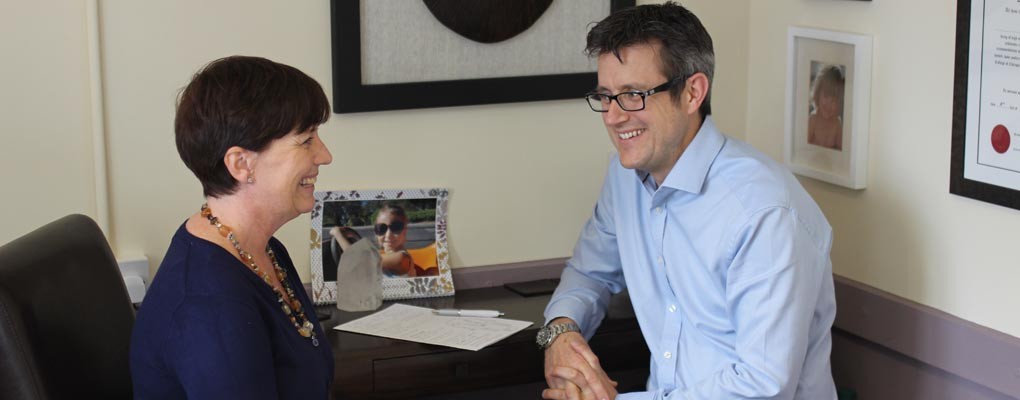Chiropractic is concerned with the diagnosis, treatment and prevention of mechanical disorders of the musculoskeletal system and the effects of these disorders on the function of the nervous system and general health.
Chiropractic is a fast-growing independent health care profession in the United Kingdom and it is regulated by the General Chiropractic Council (GCC).
What do Chiropractors treat?
To the ‘average man or woman on the street’ a Chiropractor is someone who ‘does’ backs and may be deals with disc problems and sciatica. This image of a Chiropractor has arisen through word of mouth, press articles and TV. As with many things, despite the urban myths that might abound, the former claims now have to stand up to thorough scientific scrutiny as to their true efficacy.
In 2009 the General Chiropractic Council (GCC) commissioned a study to review the current evidence as to the effectiveness of chiropractic treatment on a whole list of conditions and symptoms.
Although the report had some shortcomings, it concluded that there was strong evidence for the benefit of chiropractic treatment in cases of: –
- Low back pain
- Neck pain
- Sciatic
- Minor sports injuries and tensions
- Shoulder complaints (dysfunction, disorders and pain)
- Rotator cuff injuries, disease or disorders
- Soft tissue disorders of the shoulder
- General aches and pains including those of joints, muscle spasms and cramp
- Tennis elbow arising from associated musculoskeletal conditions of the back and neck
- Joint pains including hip and knee pain from osteoarthritis alongside core osteoarthritis treatments and exercise
- Headaches secondary to neck problems
- Prevention of migraine type headaches
- Headaches and dizziness secondary to neck problems
- Ankle Sprain
Research trials are ongoing throughout the world in various Chiropractic colleges and establishments to provide further strong evidence of treatment on an ever-increasing number of conditions.
Is A Chiropractor Properly Qualified?
Since 1925 The British Chiropractors’ Association has maintained a register of members, all of whom have graduated from recognised chiropractic colleges. These members must subscribe to the code of ethics, rules and by-laws laid down by the Association to regulate relationships between a chiropractor and his/her patients. (In 1984 the Association changed its name to The British Chiropractic Association.)
An independent body, the General Chiropractic Council (GCC), now holds the responsibility for the register since the passing of The Chiropractic Act of 1994. The register was opened in July 1999 and after the 15th June 2001 it became illegal for anyone not registered to call themselves a Chiropractor. Mark is on the GCC Register and is a member of The British Chiropractic Association.
What About My General Practitioner?
Most patients consult a Chiropractor directly, usually after personal recommendation. You do not need a GP referral to visit a Chiropractor – we are a primary healthcare profession. However, general practitioners are allowed by the General Medical Council to refer patients to Chiropractors if they are sure that the Chiropractor is the proper person to deal with the patient’s condition.
What Is The Difference Between Chiropractors and Osteopaths?
Both practitioners are striving to achieve optimal musculoskeletal health however techniques vary between different practitioners. The important fact is that now, due to legislation, only genuinely qualified Osteopaths and Chiropractors are allowed to practice in the UK.
Where Can I Find Any Further Information About Chiropractic and What Chiropractors Treat?
The Chiropractic profession is regulated by the General Chiropractic Council (GCC): www.gcc-uk.org and supported by The British Chiropractic Association (BCA): www.chiropractic-uk.co.uk. Both websites offer more information about the profession and what we treat. They also include links to numerous research papers, endorsing the profession.
Take your first step towards enjoying your life more
From the team at Well Adjusted Health
 Providing gentle chiropractic in West Sussex
Providing gentle chiropractic in West Sussex
including Ashington, Storrington, Steyning, Southwater, Horsham, Shoreham, Worthing and Billingshurst

